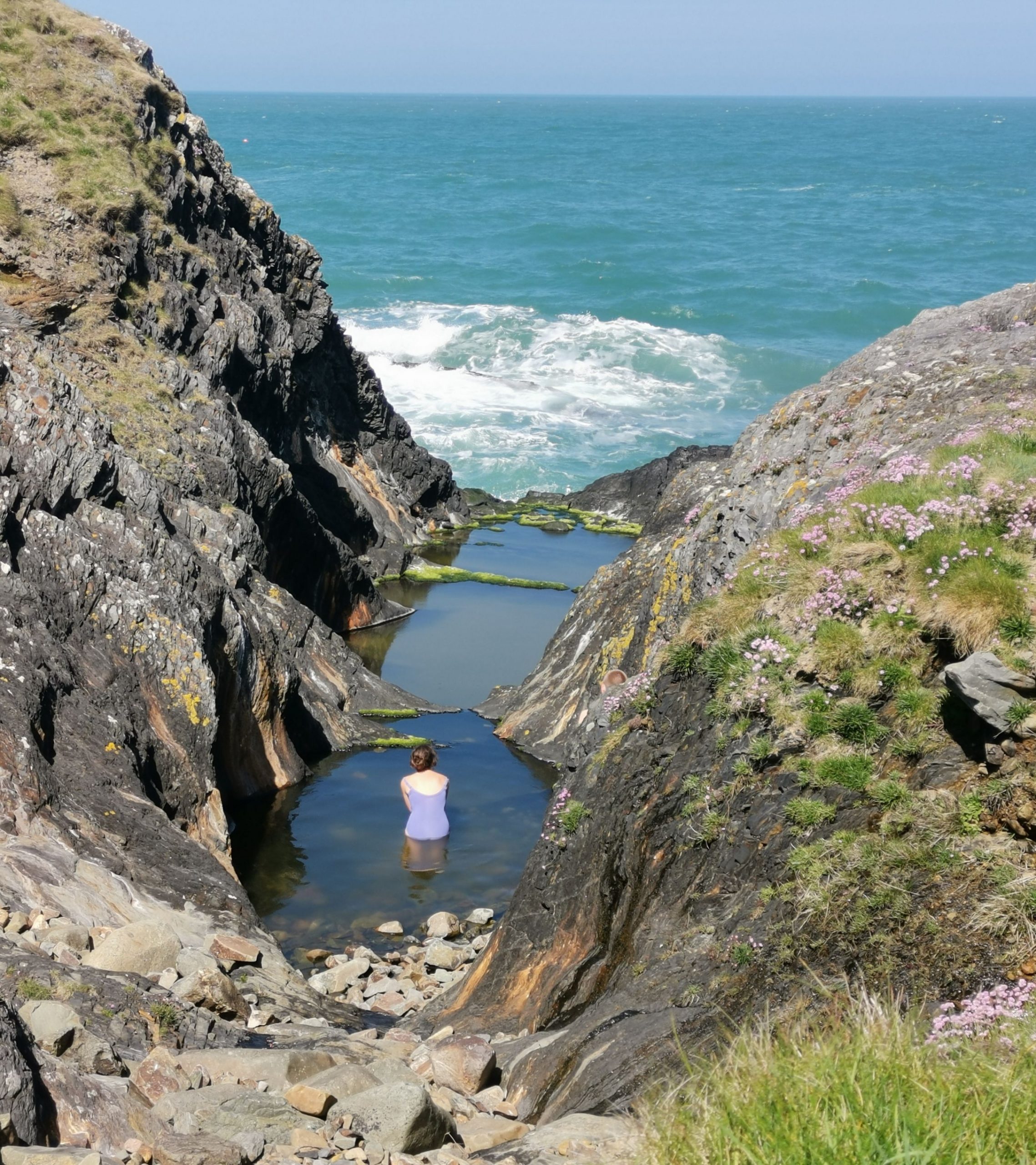In The Madness of Crowds Douglas Murray is clear on problems of identity politics and social media. We latch on to popular ideas without thinking things through properly for ourselves. This tendency may be observed in the world of swimming.
Because swimming is so fashionable at the moment, it’s useful to question what you’re doing if you’re someone who belongs to one of these groups: recreational breaststroker, front crawl fitness swimmer, triathlete, wild swimmer. The more members a group has, the less we question the typical behaviour.
Swimming lengths often causes fixing. Vigorous exercise over-excites a sensitive nervous system. And cold water immersion activates an extreme shrinking reaction.
So, for lane swimmers and wild swimmers, post exercise satisfaction, or even euphoria, may be hiding harmful things that swimming is causing us to do.
Most people think of swimming as being good for relaxation. But this very much depends on our approach.
From my experience, the key benefit of being in the water has something to do with movement but not a lot to do with swimming as I’ve always thought of it.
What works for me, and seems to help people I work with most, is stopping or slowing down and letting the water support us, not struggling against it in an effort to get somewhere, or something.
As I move through the water, I find it useful to say to myself, “I’m not swimming.” This seems to help me prevent fixing.
We have to find out for ourselves how water can really help us. But I’d say take care not to take the following things for granted…
*the support of water
*the anatomy of our body in the horizontal plane.
*that the popularity of something makes it right for you.
The water can then be a place for ongoing exploration and self-discovery


